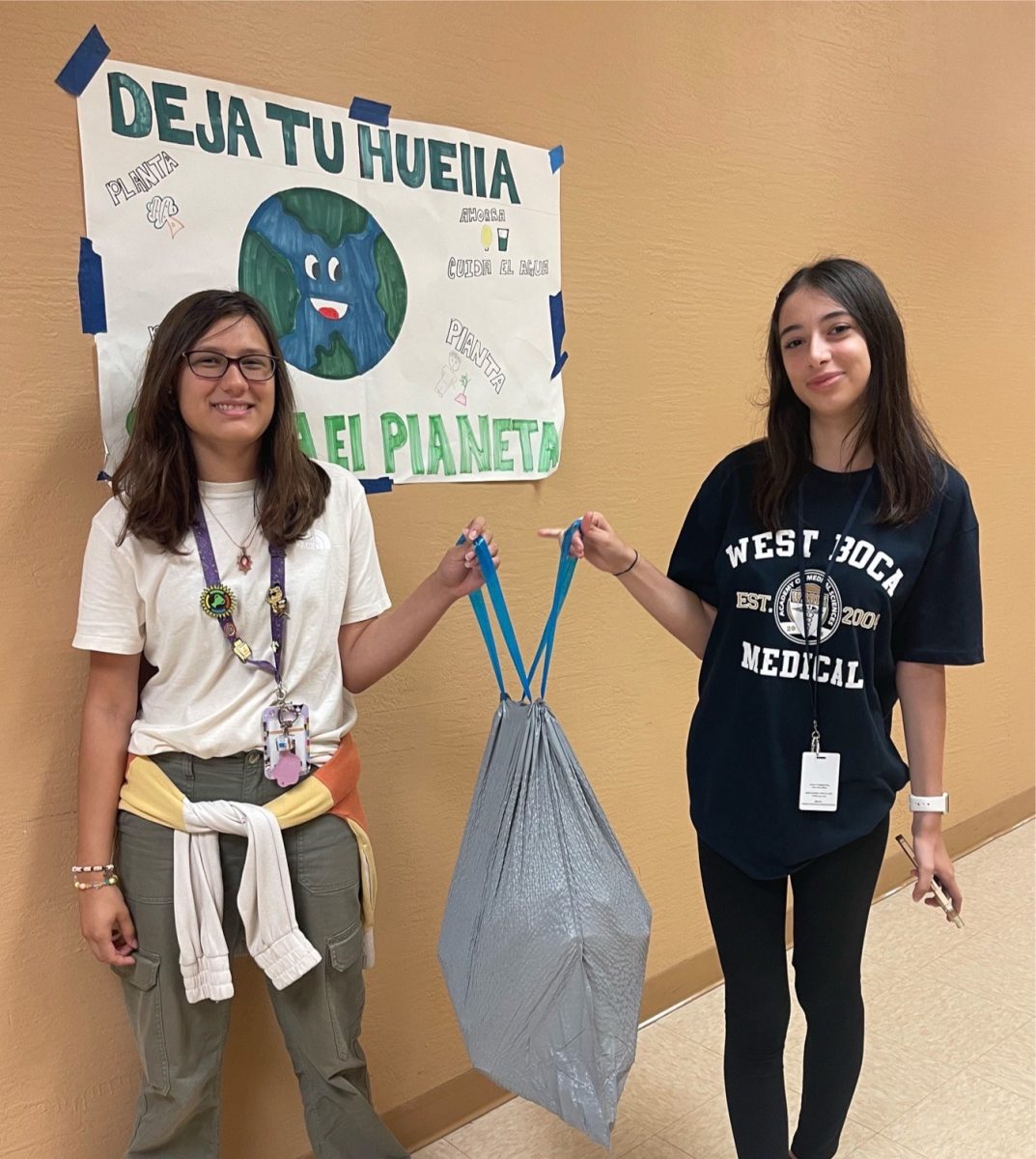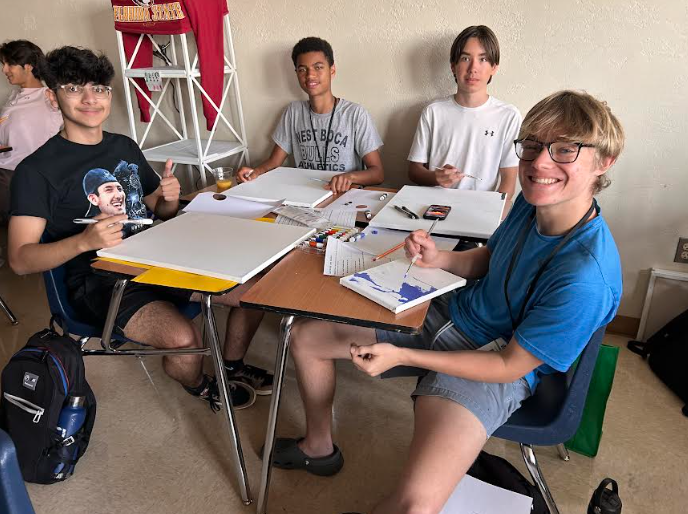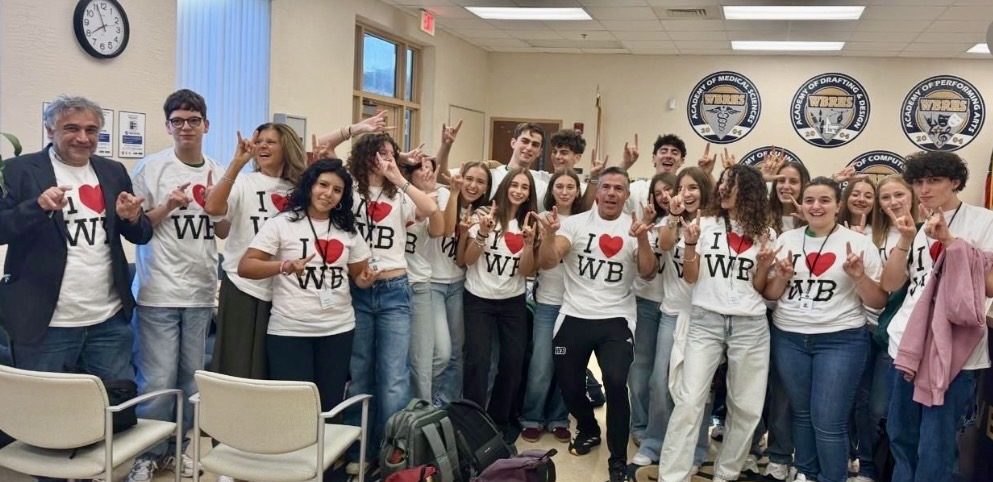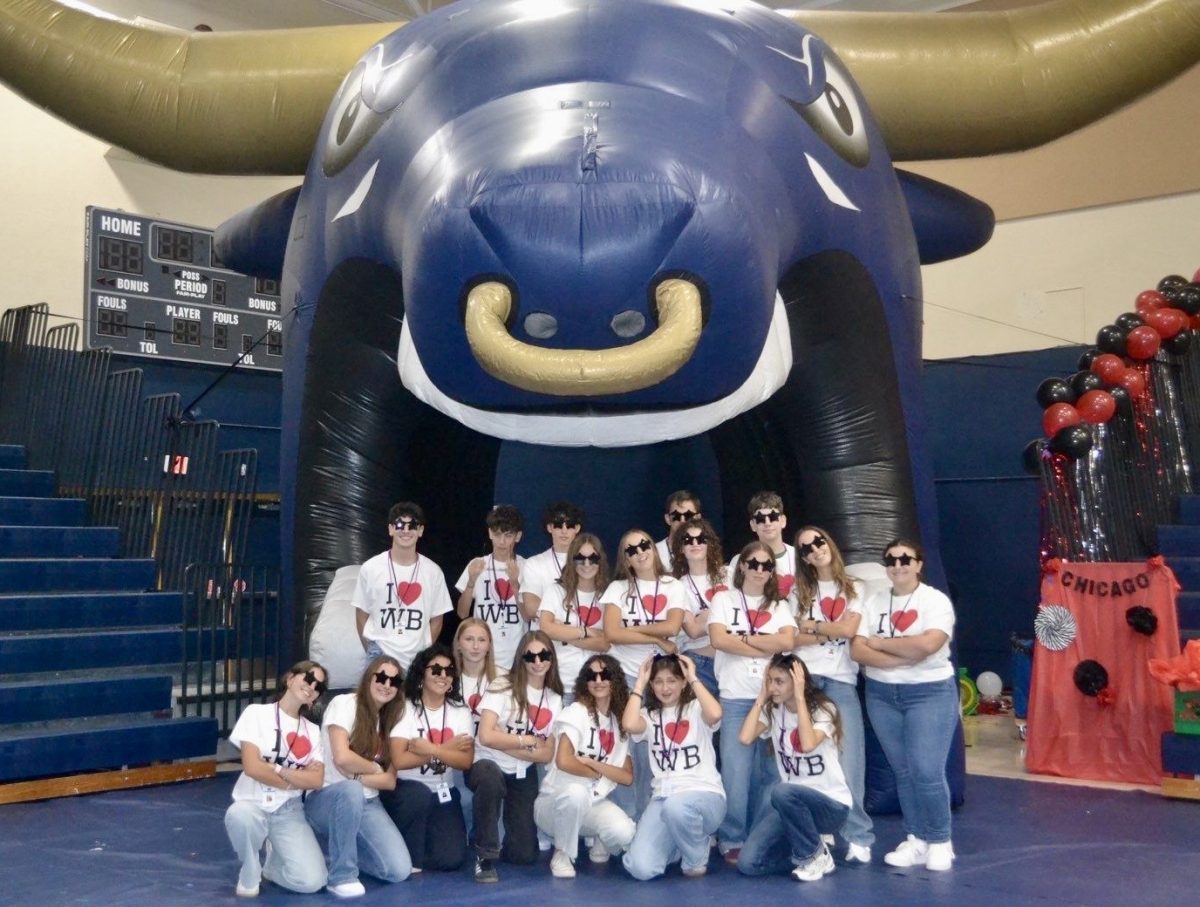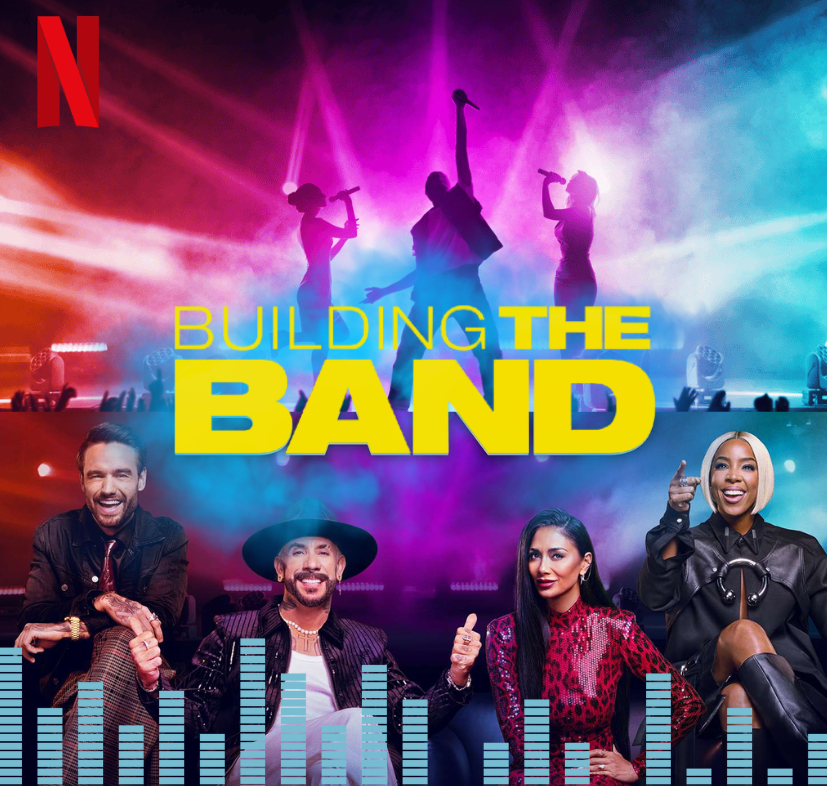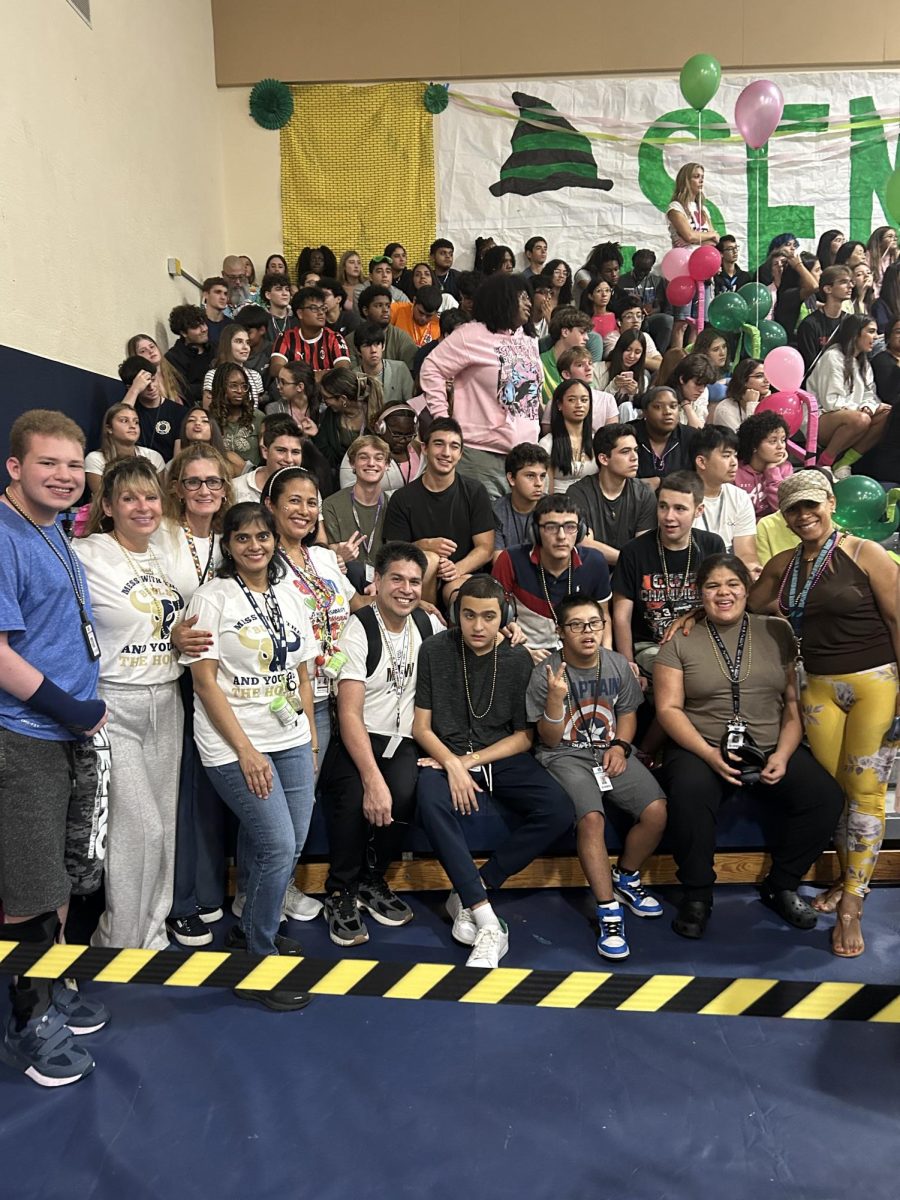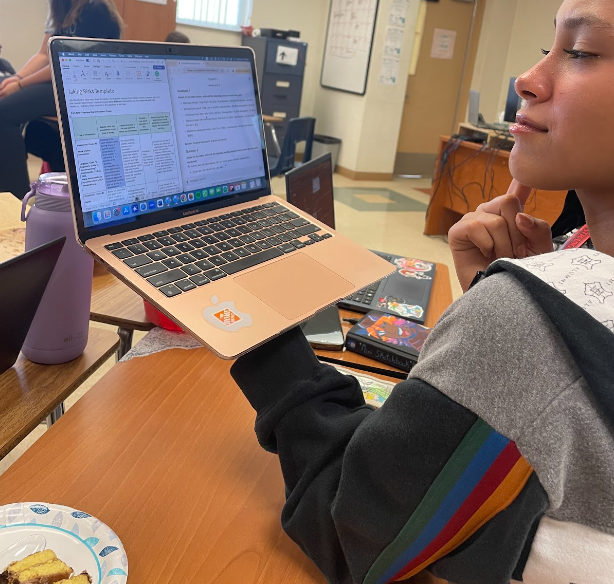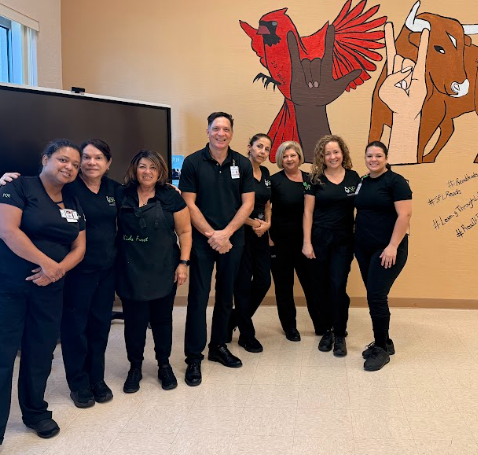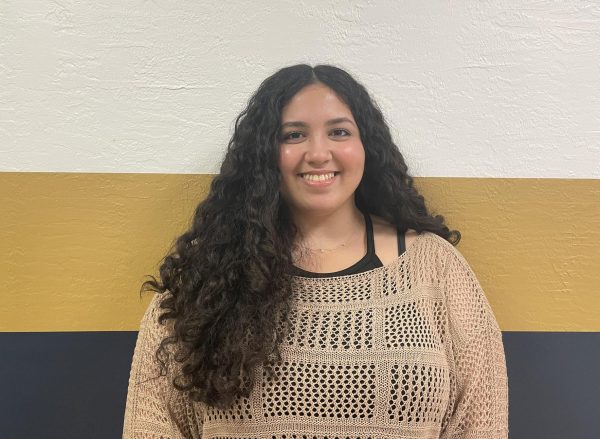Artificial Intelligence: a new avenue for progress and advancement in everyday human life. Artificial Intelligence can be found in everything from a simple google search engine to your car’s driving system. Since the beginning of its creation, this technological entity has slowly begun creeping into every corner of our lives. Many kids and teens today have even utilized AI in order to help them deal with simple schoolwork.
AI started out as a large-scale computer that helped NASA get their calculations done at a faster rate. From then on, AI has evolved and spread into numerous forms and algorithms worldwide. A British mathematician, Alan Turing applied AI into a computing machine to advance its ability. After Turing’s death, a man named John McCarthy began to workshop the practice of these human-like-machines and coined the term artificial intelligence. Over time more scientists and engineers designed AI into different machines, algorithms, and it spread like a wildfire.
For our generation, it all started when a simple AI engine became available to the media. It was cool and interesting to most users. People could ask it anything they wanted, and it would provide an in-depth answer or response. It was useful and innovative, just the thing the people of the 21st century adored. For me, the first time I used AI was when it got added to snapchat. You could text and ask questions to the AI avatar you created, but the responses were very automated and sometimes its answers were wrong. The next time I found out about AI was when I learned about ChatGPT.
ChatGPT is a very commonly used AI engine. Many students and adults use it to facilitate their work and school lives. AI has helped to advance research, ease tasks, and encourage improvements; however, it hasn’t been all cupcakes and rainbows. Students have begun to over rely on AI. They started asking ChatGPT to write them essay papers, to answer test questions, and even to come up with ideas for them, which shows the decrease in personal creativity since it came out. An article publication called Education Next focusing on future education explains how “recent surveys find that 95 percent of students admit to having cheated in the previous year, and 72 percent report using AI to assist with their schoolwork.”
These are our future leaders, doctors, teachers, lawyers, architects, and yet they are relying on a robot to assist them with their lessons, homework, and assignments. Using AI can help with explaining difficult concepts. Though when overused, it can prevent students from learning anything and will become a crutch they feel they need.
Academic dishonesty isn’t the only worry either. AI engines have even been developed to create chat rooms; this is known as Character AI. People can create characters based off of fictional or real people and can have conversations with them as such. Social issues may arise such as isolation from reality and real people due to excessive amounts of time spent socializing with a fake online character. Over reliance on AI for companionship can prevent individuals from confronting or addressing real-life issues or developing real-life relationships because they are overly dependent on the person they created through AI.
AI platforms are also free to everyone who owns or has access to a device making it easier for people to lean on the platform whenever they feel it to be necessary. AI has certainly given us its advantages such as enhancing accuracy and efficiency or advancing the medical field. However, the negative impact it is leaving on students is still significant. What do we do about the dilemma? Advocate for no more AI in schools? Get rid of AI altogether? Maybe we should just hope that the future leaders and builders of our communities and societies stray away from the influence of artificial intelligence and use their own mind, not the internet.

